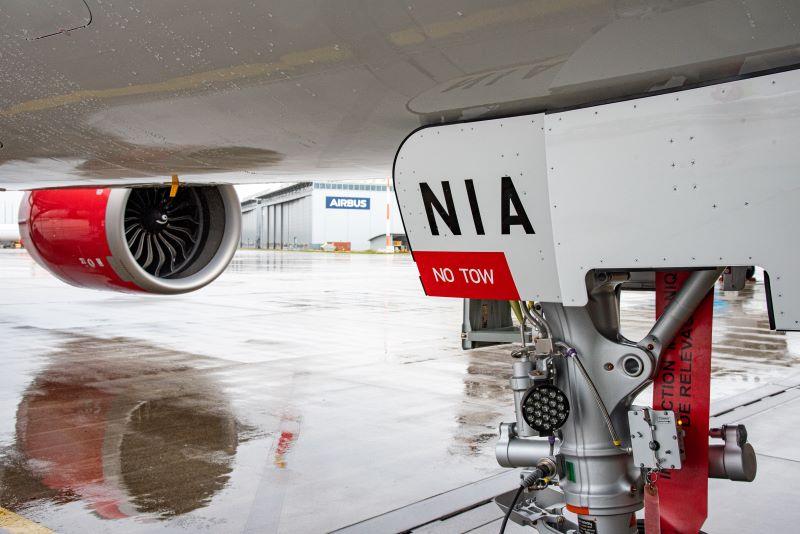
AMSTERDAM—Nagging gaps in commercial aviation’s largest supply chain links are frustrating airlines and aftermarket service providers that have few good options for minimizing the resulting disruptions.
“Three years have passed, and we’re still speaking about capacity constraints,” said Iván González Vallejo, Iberia Maintenance director of supply chain and MRO strategy. “We can’t be expected to just raise our inventories. OEMs need to ramp up capacity. Not just parts volume, but also adding diversity in their sourcing.”
Vallejo, speaking on an MRO Europe panel here, joined several other airline and MRO executives in expressing frustration at an apparent lack of commitment from major manufacturers to address supply issues.
In some cases, parts are in short supply. In others, raw materials needed for repairs are not available.
Vallejo cited CFM International CFM56-7B overhaul work Iberia has just begun for Air Europa. Two of the first three engines inducted are sitting idle, waiting for honeycomb needed for low-pressure turbine liner repairs. The wait will push the turnaround times for the engines to about 90 days, or 30 more than Iberia’s target.
Ben Moreau, SVP Strategy and Business Development for AFI KLM E&M, has detected a similar, disturbing pattern. An examination of recent component orders in a specific segment found that the average performance for the top 10 vendors had parts coming 90 days later than promised. The worst performer is 240 days behind.
“We have a problem there,” Moreau said. “OEMs need to invest more to solve that situation. They have a huge responsibility.”
He called the problem a symptom of “a long-term business model” that has OEMs keeping a tight grip on intellectual property. Airlines and maintenance shops struggle to get information needed to develop repairs, and OEMs shun options such as using parts manufacturer approval suppliers as backup suppliers or sources for parts on sunsetting platforms.
“We are currently facing a situation where the industry has been built with so many limitations that when there is a shortage in the supply chain, there is less agility to adjust,” Moreau said.
One result is harmful strategies, such as airlines or shops stockpiling additional parts as insurance, that can exacerbate shortages. Another inevitable outcome is higher costs passed down the supply chain.
Air Europa Chief Technical Officer Pedro Macías Domínguez said the airline’s repair expenses have gone up 20% with no related benefits. Materials and work simply cost more and takes longer, and the airline is expected to deal with it.
“We need to share the pain,” he said. “Twenty years ago, that collaboration was there. It wasn’t easy, but it was there. I don’t see that now.”
Airbus head of flight hour services Daniela Serafini agreed that the landscape must shift. “We have learned a lot. We all have to be ready and be able to react quickly,” she said. “I think anticipation is the key word. When we see something happening, we need to find a solution much faster than in the past.”





